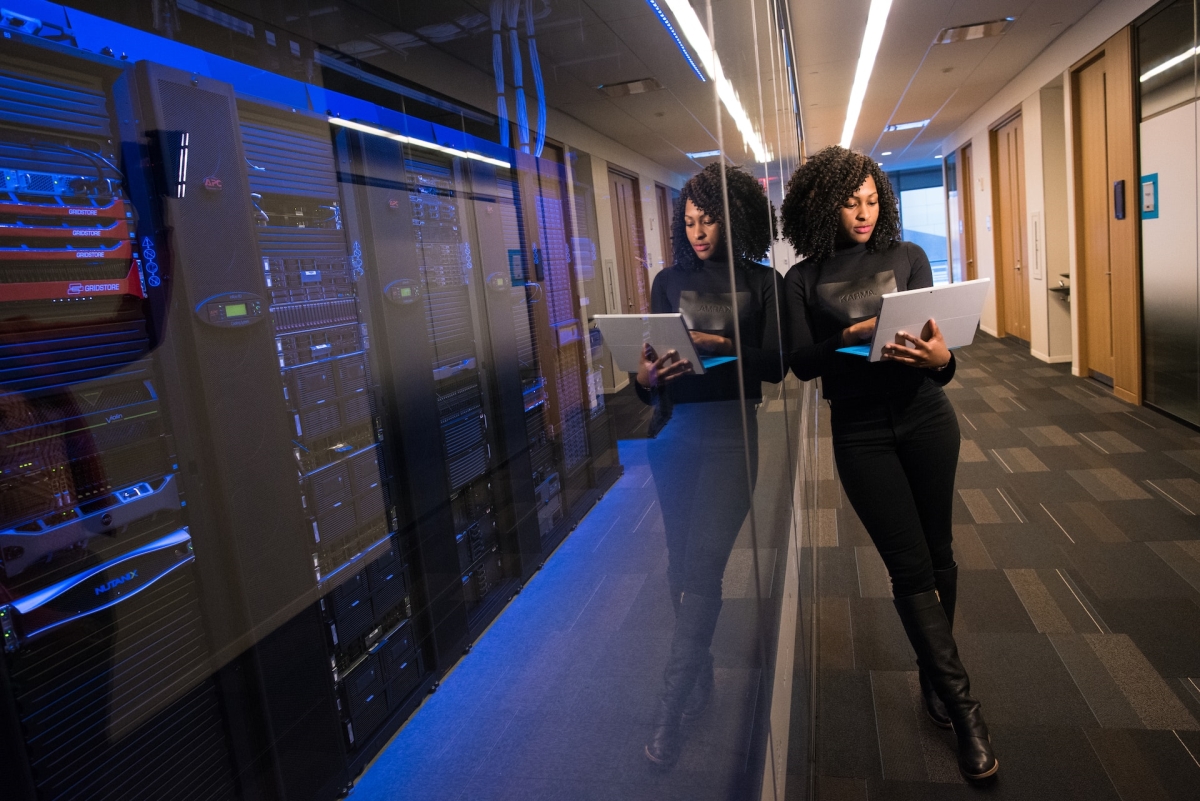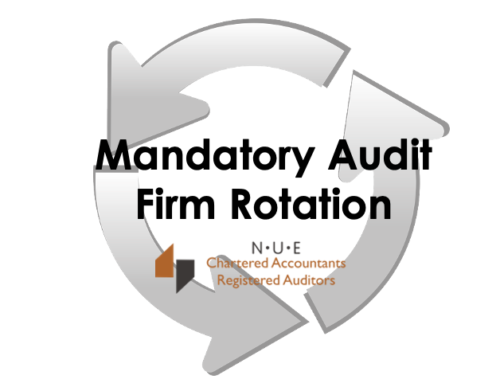In recent years, the way bookkeeping and accounting services are delivered has undergone significant changes due to advances in technology. Traditional manual bookkeeping and accounting methods have given way to digital systems that offer better accuracy, speed, and efficiency. This shift has led to greater transparency, better financial management, and improved decision-making. In this article, we will explore the role of technology in modern bookkeeping and accounting services.
The Evolution of Bookkeeping and Accounting Services
Bookkeeping and accounting have been around for centuries. However, the methods used have evolved significantly over time. The earliest forms of bookkeeping involved recording transactions on clay tablets in ancient Mesopotamia. In the Middle Ages, double-entry bookkeeping was introduced, which involved recording each transaction twice, once as a debit and once as a credit. This system is still in use today.
In the 20th century, the introduction of computers revolutionized bookkeeping and accounting services. Instead of using paper ledgers and journals, businesses started using digital spreadsheets to record financial transactions. This shift to digital systems paved the way for more advanced accounting software, such as QuickBooks and Xero, which are widely used today.
The Benefits of Technology in Bookkeeping and Accounting Services
The use of technology in bookkeeping and accounting services has numerous benefits. First and foremost, it has made these services more efficient. With the help of accounting software, businesses can record financial transactions faster and with greater accuracy. This, in turn, saves time and reduces the risk of errors. Moreover, the use of cloud-based accounting software means that businesses can access their financial data from anywhere at any time, making it easier to manage finances remotely.
Technology has also made bookkeeping and accounting services more transparent. With digital records, businesses can easily track financial transactions, making it easier to identify discrepancies or errors. This increased transparency makes it easier to spot potential problems before they become serious issues.
Furthermore, technology has enabled bookkeepers and accountants to offer more value-added services. With the help of software, these professionals can generate detailed financial reports and analyses that provide businesses with valuable insights into their financial health. This, in turn, can help businesses make better-informed decisions and achieve greater success.
The Role of Artificial Intelligence (AI) in Bookkeeping and Accounting Services
Artificial intelligence (AI) is an emerging technology that is rapidly transforming the way bookkeeping and accounting services are delivered. AI involves the use of algorithms and machine learning to analyse and interpret financial data. This technology is capable of performing tasks that were once the sole domain of human bookkeepers and accountants.
One of the primary benefits of AI in bookkeeping and accounting services is its ability to automate routine tasks. For example, AI can automatically categorize expenses, reconcile bank statements, and generate financial reports. This not only saves time but also reduces the risk of errors.
AI can also analyse financial data in real-time, providing businesses with up-to-date insights into their financial health. This, in turn, enables businesses to make better-informed decisions, such as identifying areas where costs can be cut or where investments should be made.
The Role of Blockchain in Bookkeeping and Accounting Services
Blockchain is another emerging technology that is beginning to transform bookkeeping and accounting services. Blockchain is a distributed ledger technology that enables secure and transparent recording of transactions. Each transaction is recorded on a block, which is added to a chain of blocks, creating an unalterable record of all transactions.
One of the primary benefits of blockchain in bookkeeping and accounting services is its ability to ensure the integrity of financial records. With blockchain, all transactions are verified and recorded in a secure and tamper-proof manner, reducing the risk of fraud or errors.
Blockchain can also reduce the need for intermediaries such as banks and payment processors, as transactions can be conducted directly between parties on the blockchain. This can lead to faster and more cost-effective transactions, as well as increased transparency.
Furthermore, blockchain technology can enable the use of smart contracts in bookkeeping and accounting services. Smart contracts are self-executing contracts that automatically enforce the terms and conditions of an agreement. They can be used to automate routine financial transactions, such as invoicing and payment processing, further reducing the need for manual intervention.
The Role of Cloud Computing in Bookkeeping and Accounting Services
Cloud computing has been a game-changer for bookkeeping and accounting services. Cloud-based accounting software enables businesses to access their financial data from anywhere at any time, as long as they have an internet connection. This makes it easier for businesses to manage their finances remotely, which is especially important in today’s increasingly digital world.
Moreover, cloud computing offers increased security and scalability for bookkeeping and accounting services. With cloud-based software, businesses can store their financial data on secure servers, protected by multiple layers of encryption and firewalls. This reduces the risk of data breaches and other cyber threats.
Cloud computing also enables businesses to scale their bookkeeping and accounting services more easily. Instead of investing in expensive hardware and software, businesses can simply pay for the computing resources they need on a pay-as-you-go basis. This makes it easier for businesses to grow and expand without worrying about the costs and complexities of managing their own IT infrastructure.
The role of technology in modern bookkeeping and accounting services cannot be overstated. From the use of accounting software to the adoption of emerging technologies such as AI, blockchain, and cloud computing, technology has transformed the way bookkeeping and accounting services are delivered. This transformation has led to greater efficiency, transparency, and value-added services for businesses of all sizes. As technology continues to evolve, we can expect to see even more exciting developments in the world of bookkeeping and accounting services.




